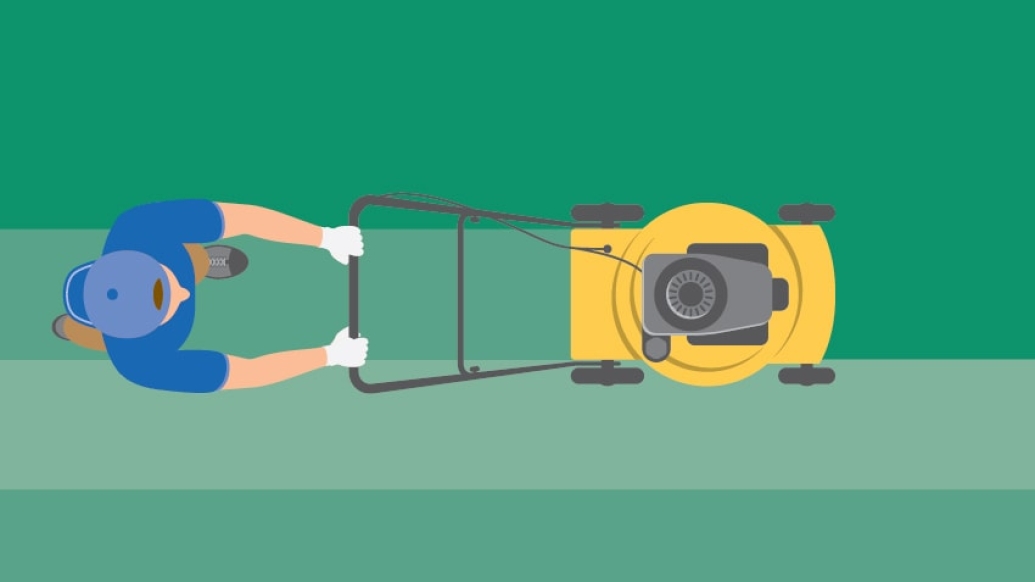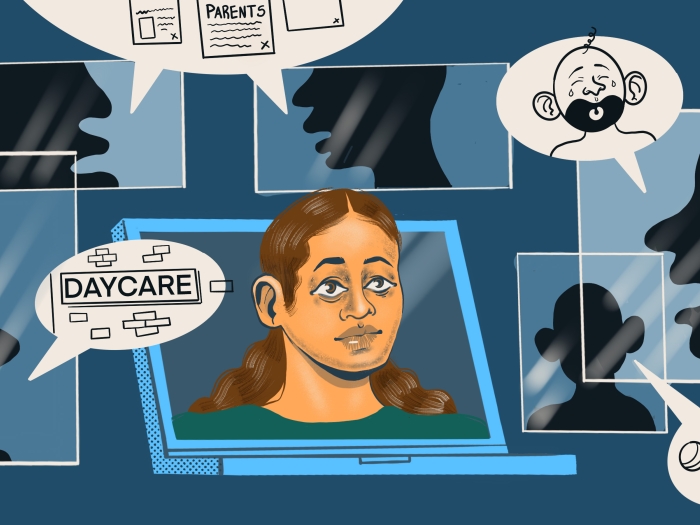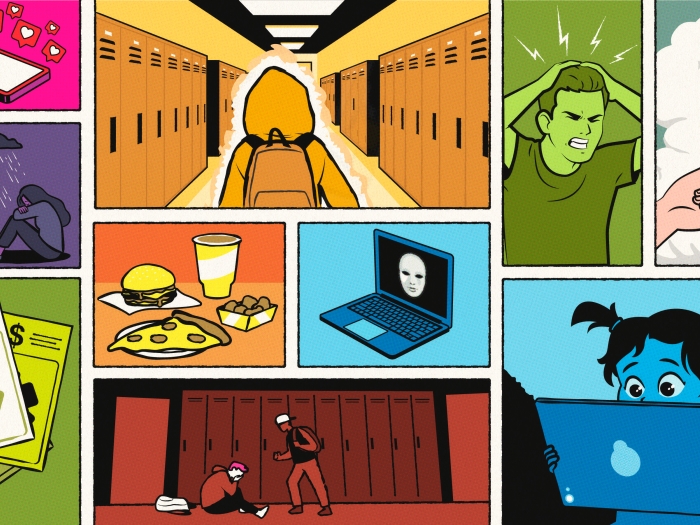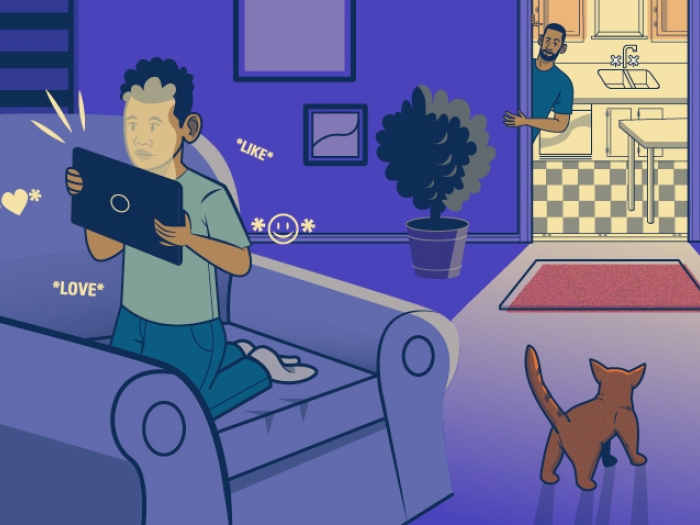The next time your teen acts out, try giving them a job to do. A clear task helps establish fair punishment and accountability for a young person’s actions.
7:00 AM
Author |

When your child was younger, you probably used the timeout system to discourage bad behavior (and perhaps a "time in" to recognize positive acts).
LISTEN UP: Add the new Michigan Medicine News Break to your Alexa-enabled device, or subscribe to our daily audio updates on iTunes, Google Play and Stitcher.
But when your child reaches adolescence or the teen years, those methods are no longer effective.
Maybe you've tried grounding them for a week or for the weekend — but that usually doesn't work, either. It sets arbitrary time constraints and creates an adversarial environment in your home.
Parents often have trouble carrying out groundings that last more than a few hours, and teens are quick to notice when adults have a hard time following though.
This is why I suggest the "job card grounding" system to discipline children and teens.
Job card grounding creates consequences for inappropriate behavior. It also eliminates the need for reasoning or arguing between parents and teens.
The approach is simple: If your child misbehaves, he or she gets a job card you've created. Each job card is an index card that lists the job and the steps to complete the job. For example:
Clean the refrigerator
-
Remove all the leftovers. Empty and wash the containers.
-
Remove any spoiled or expired food.
-
Wipe out all drawers and shelves.
-
Wipe down the walls inside and outside the refrigerator.
The job cards should be very specific so that there is no confusion about what the job entails. Create 10 or so cards to have on hand if needed.
Fairness and accountability
It is only fair to let your teen know what the expectations are within your home.
Certainly, these expectations vary depending on the family, so it is best to clearly define two or three house rules. Review these with your teen, and consider posting them:
-
Listen to authority (teachers and parents) and respect them.
-
Treat others as you would like to be treated.
-
Be safe.
Each time your teen breaks a house rule, they should be given a job card.
Until the task on the card is completed, the offender is grounded. Grounding means no privileges — no computer (except for school work), no cellphone, no video games, no television and no activities that aren't related to school.
MORE FROM THE LAB: Subscribe to our weekly newsletter
Once the job card has been handed out, take the approach that you do not care when or if your teen completes the job but ensure that they will be bored and without privileges until the job is complete.
Focus your energy as a parent on making sure privileges are restricted. Avoid trying to prompt, cajole or lecture your teen. Let the job card do the work.
The job card allows you to walk away and avoid being drawn into an argument or negotiations. That's because the rules are clear: As soon as the job is done, your teen is back in your good graces and privileges are returned.
Remember positive feedback
Just as we recommend with younger children, shaping good behavior is not just about punishing bad behavior. It's important to also acknowledge good behavior. Catch your child being good and give them a pat on the back and some positive words.
Remember that all children, no matter what their age, have an attention tank that needs filling. If you can fill it with positive attention, your child is less likely to act up for attention.

Explore a variety of healthcare news & stories by visiting the Health Lab home page for more articles.

Department of Communication at Michigan Medicine
Want top health & research news weekly? Sign up for Health Lab’s newsletters today!





